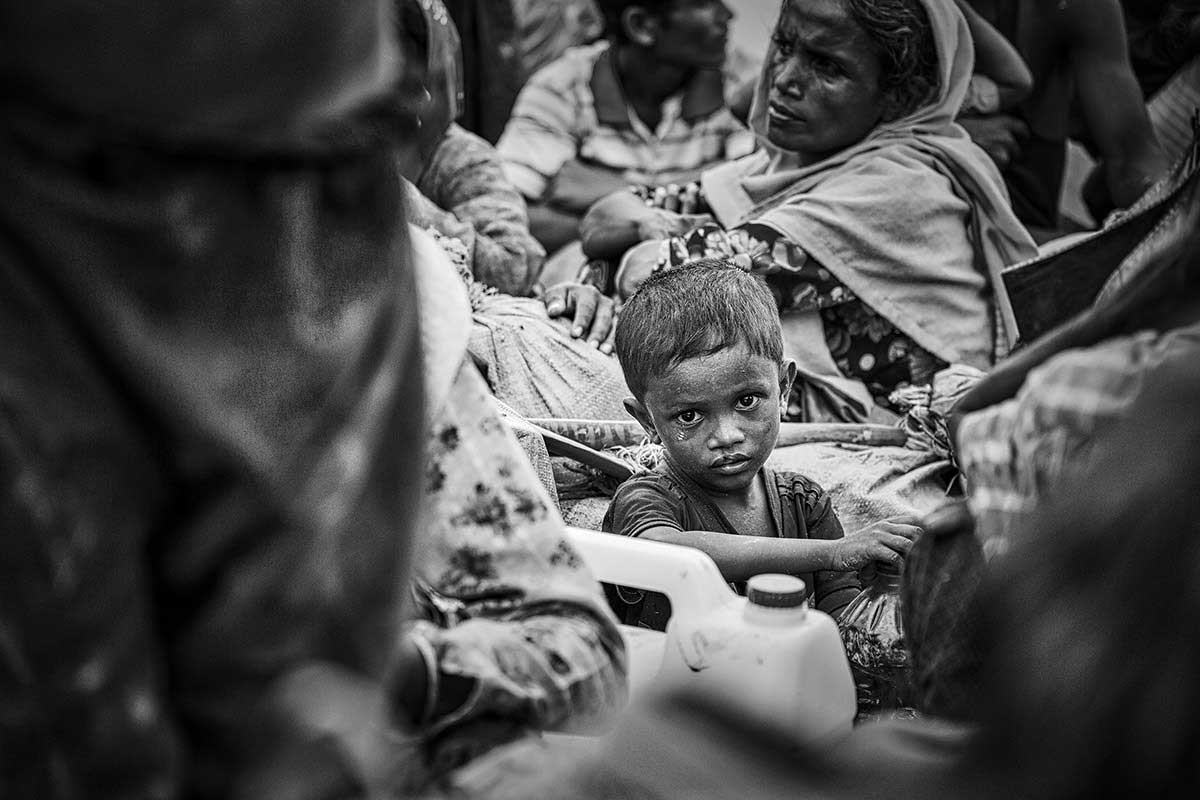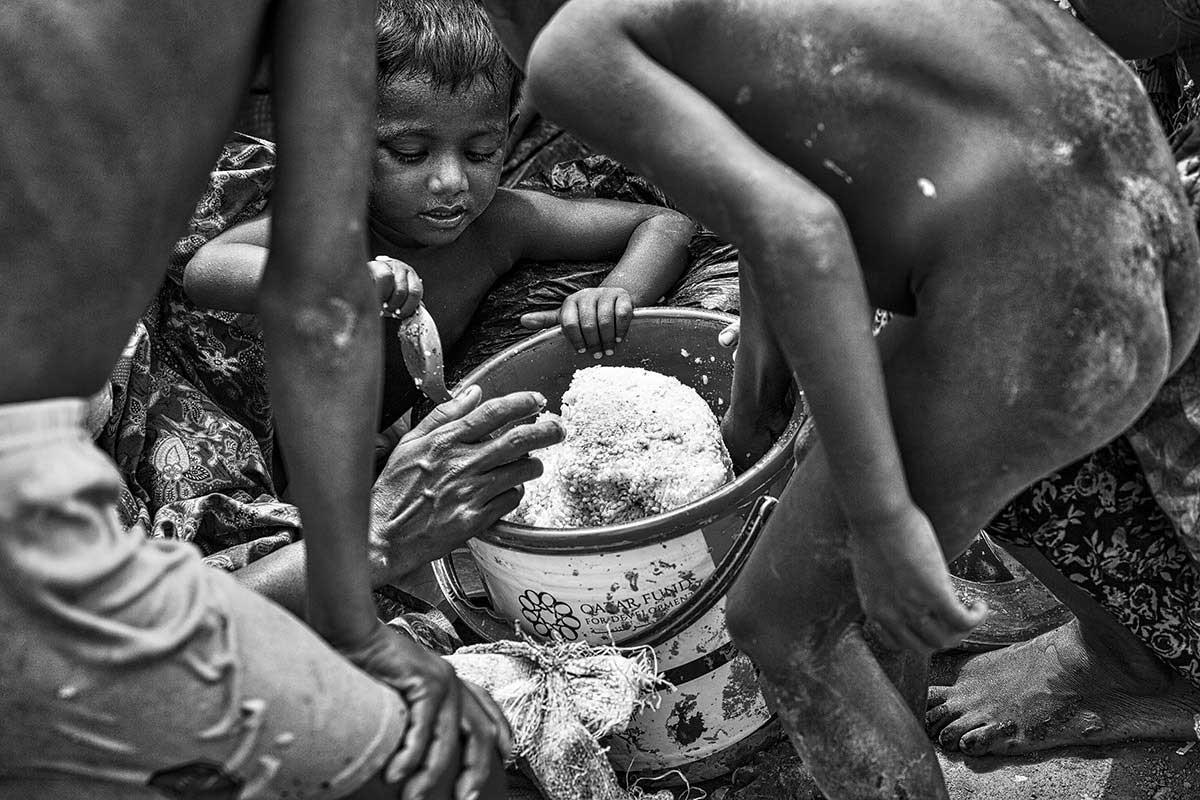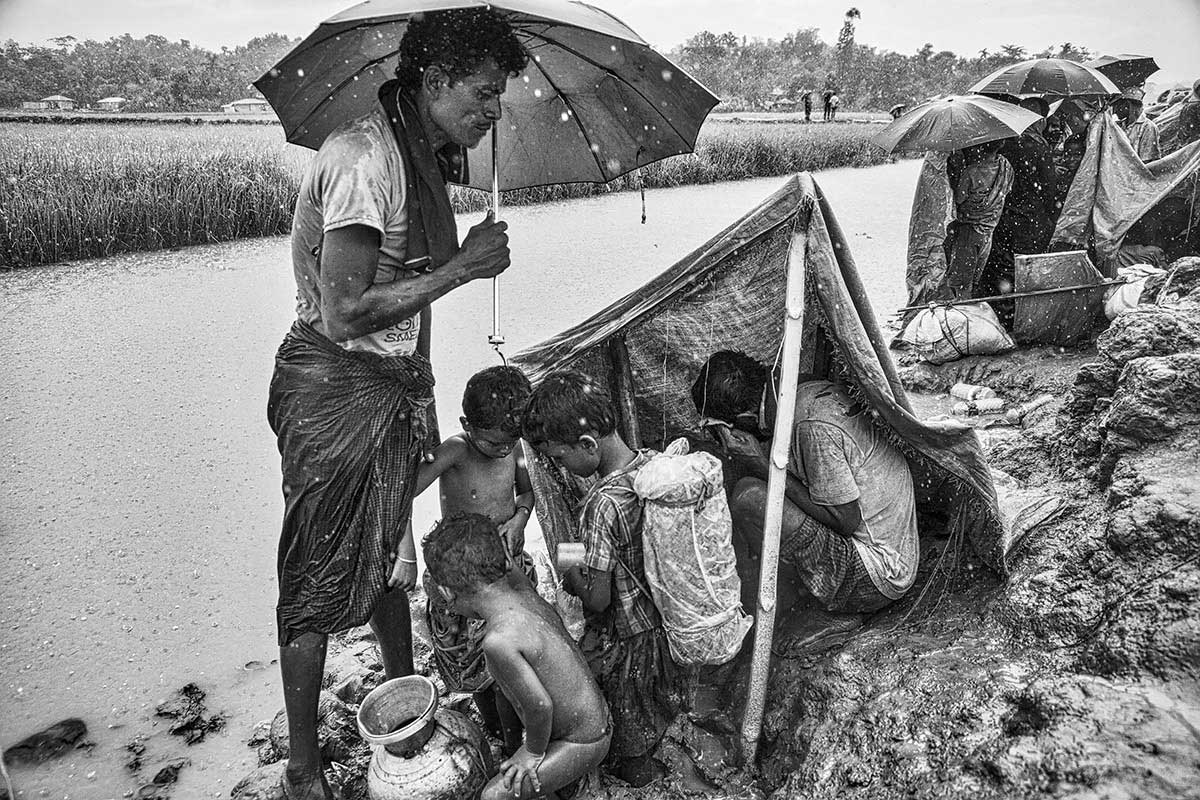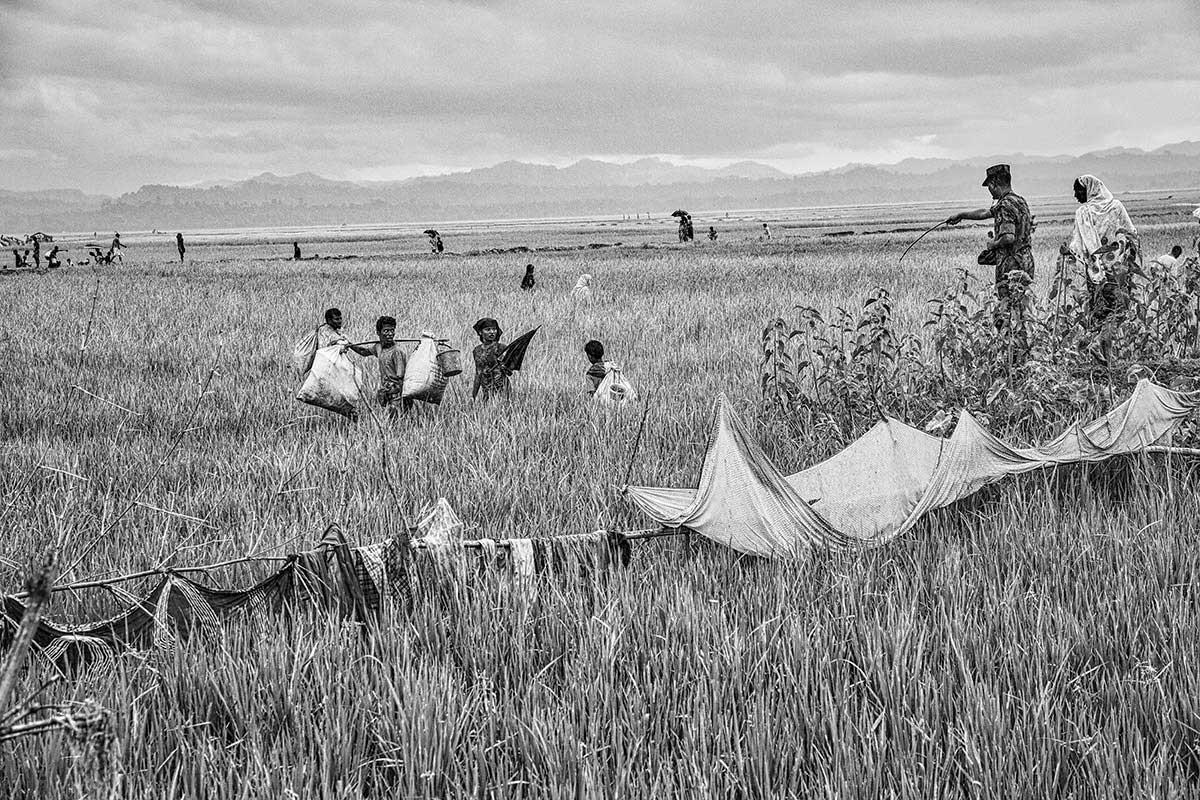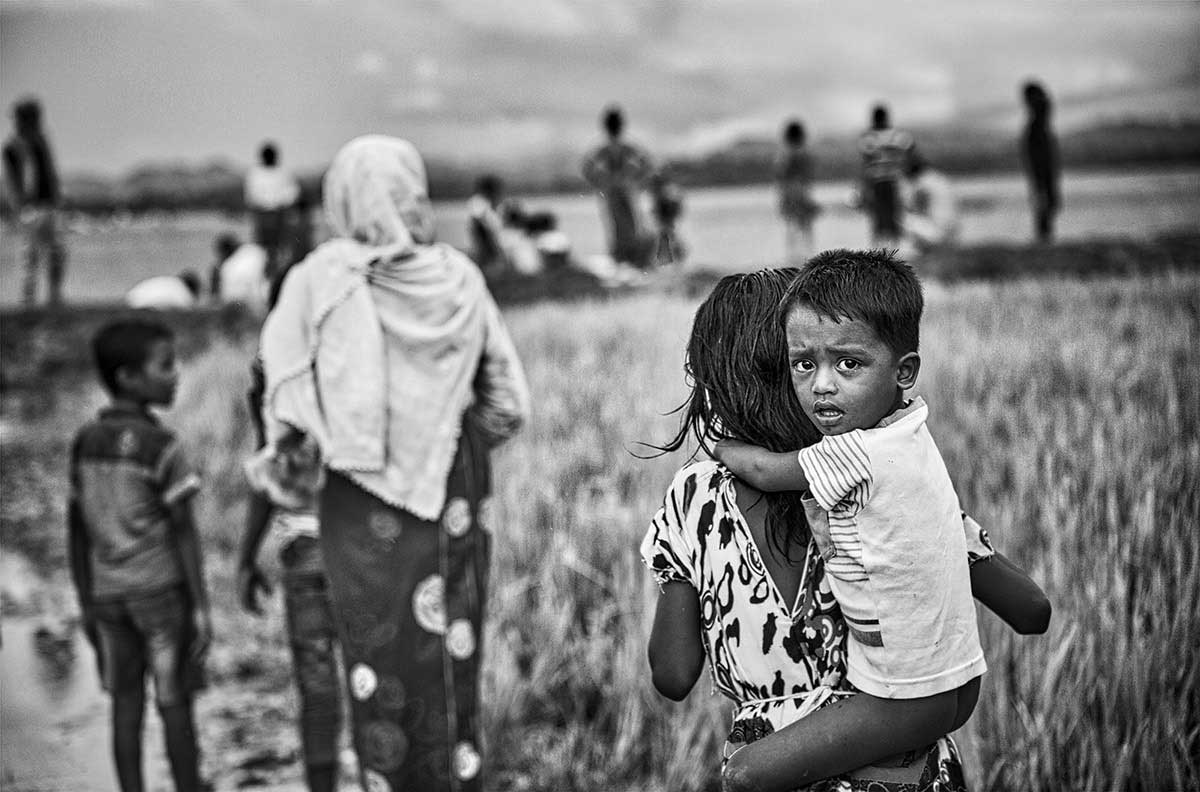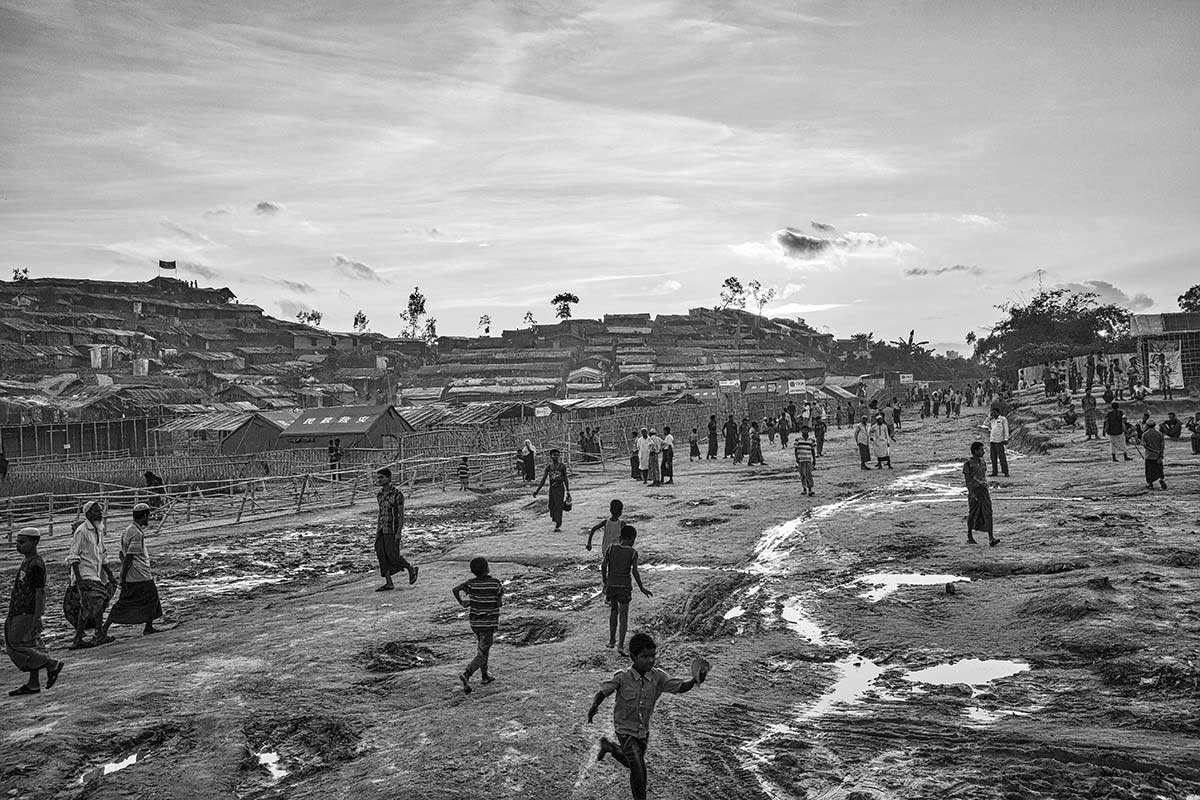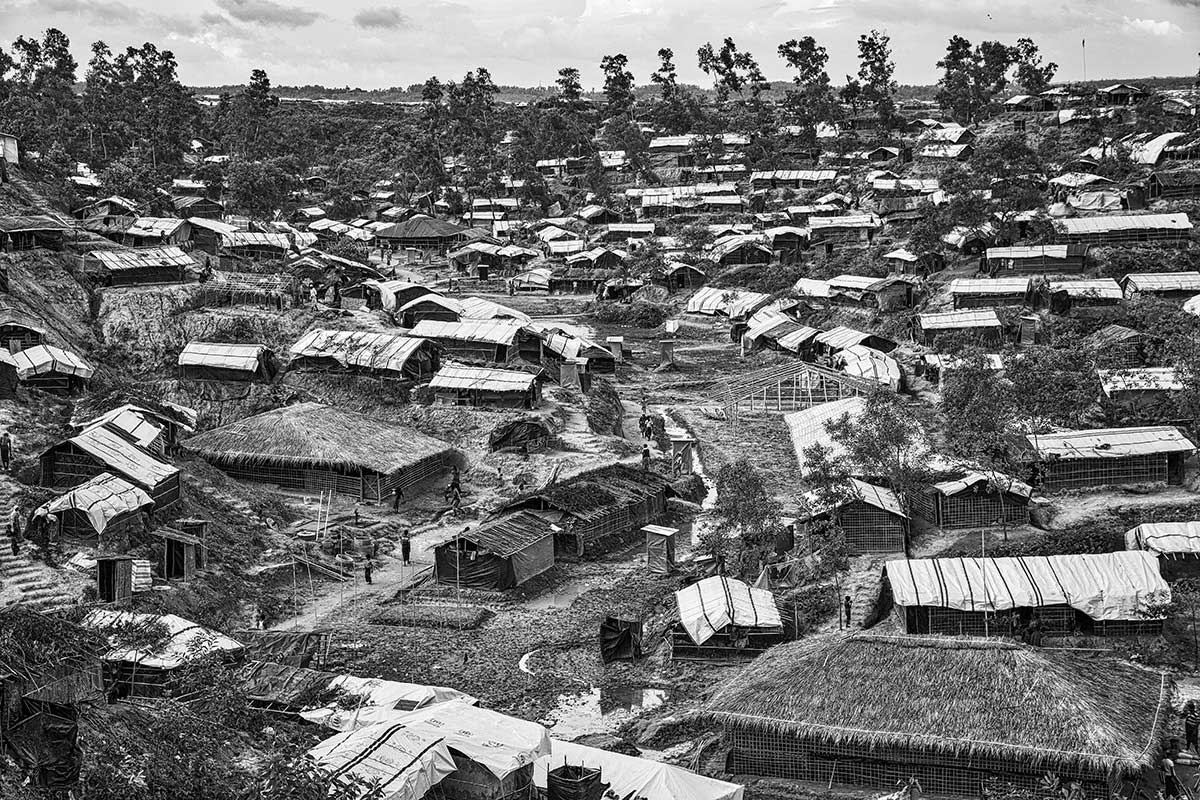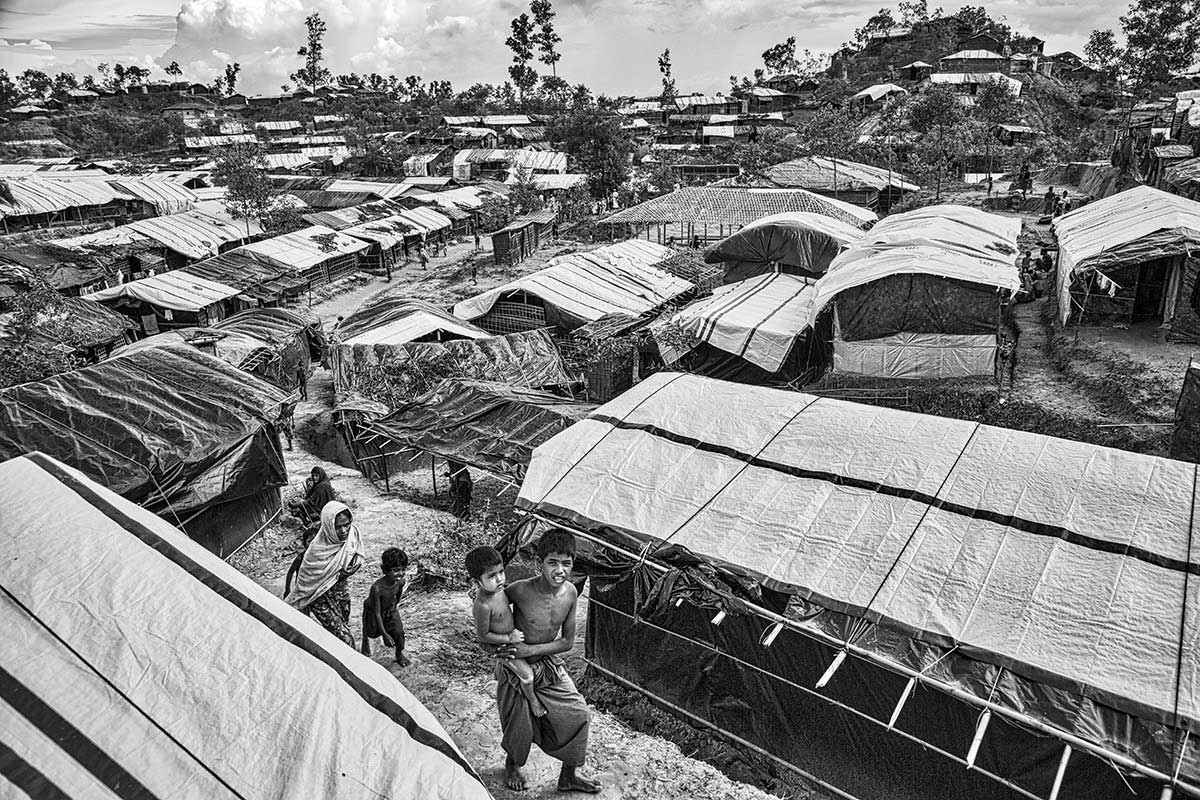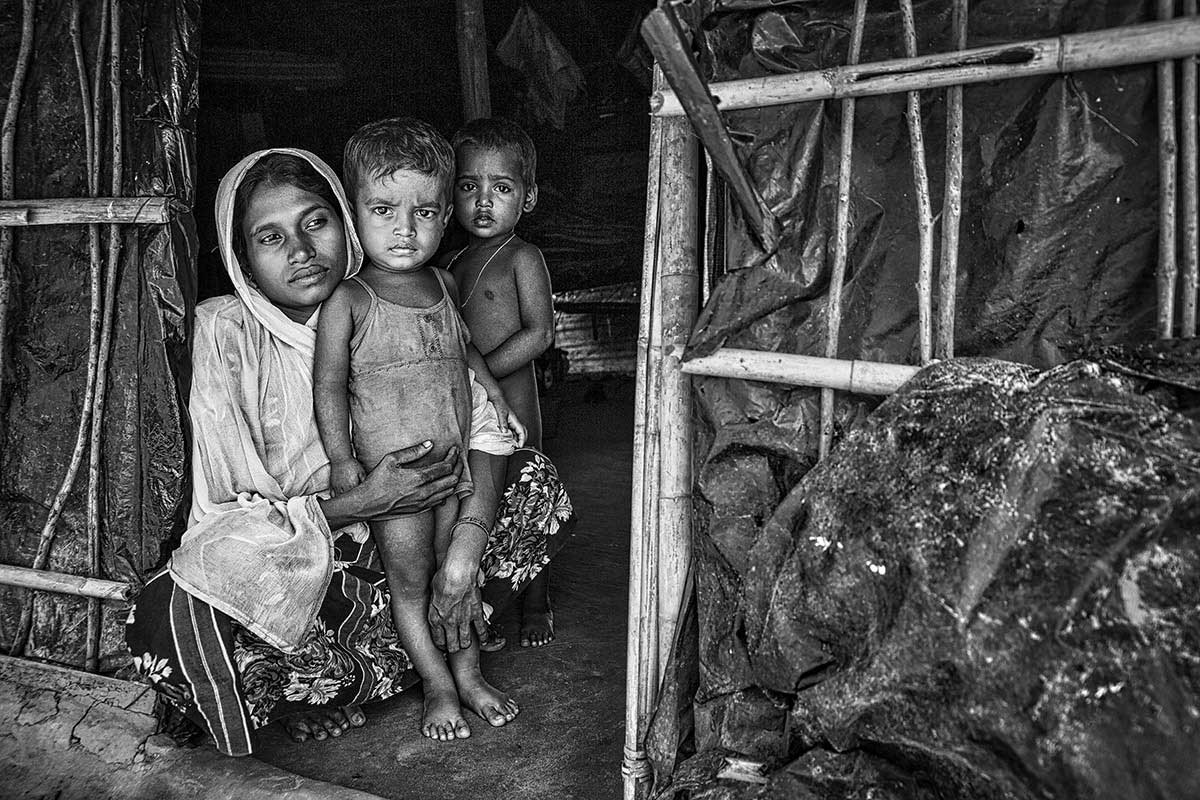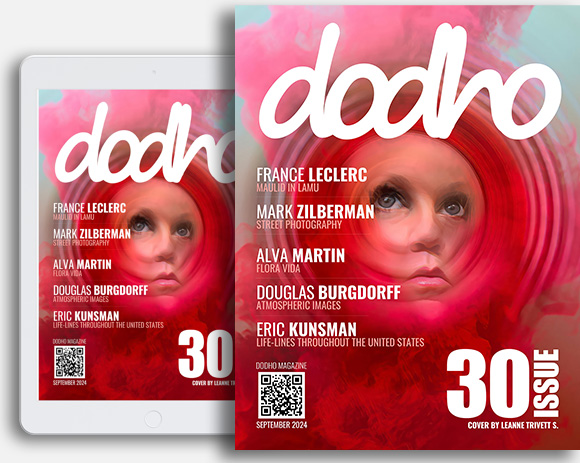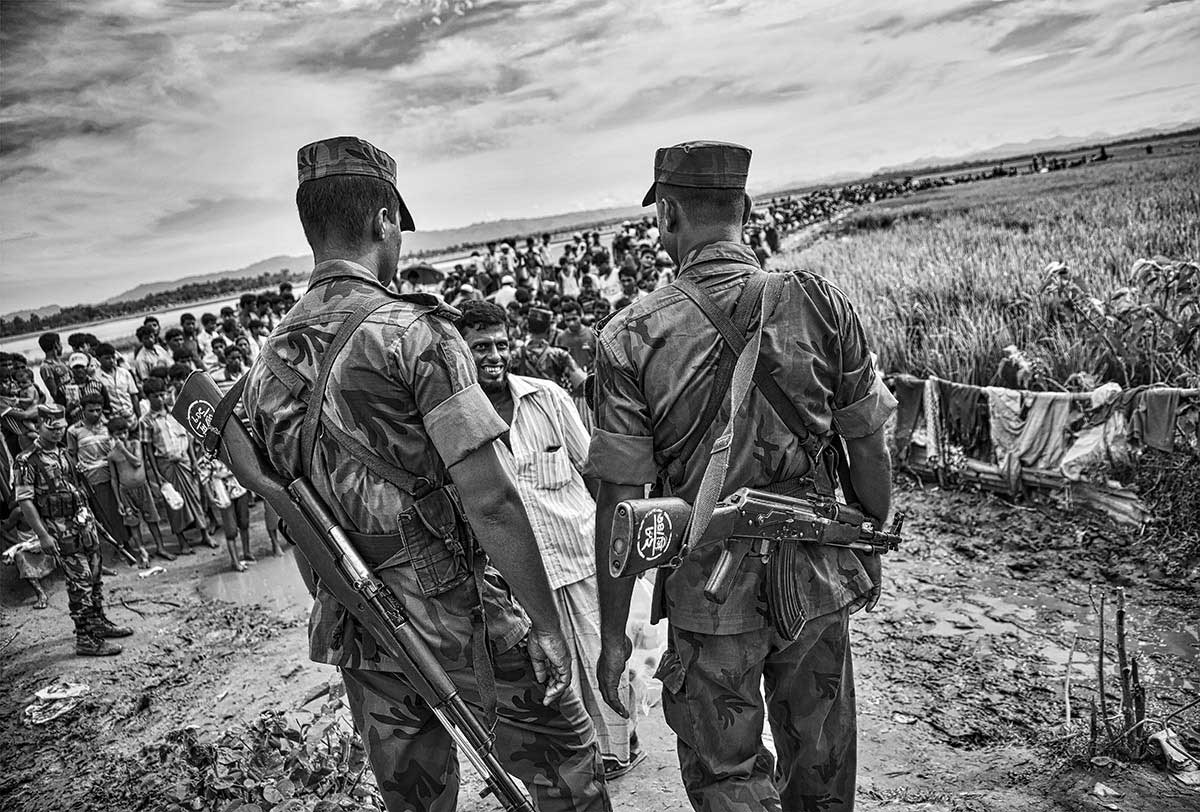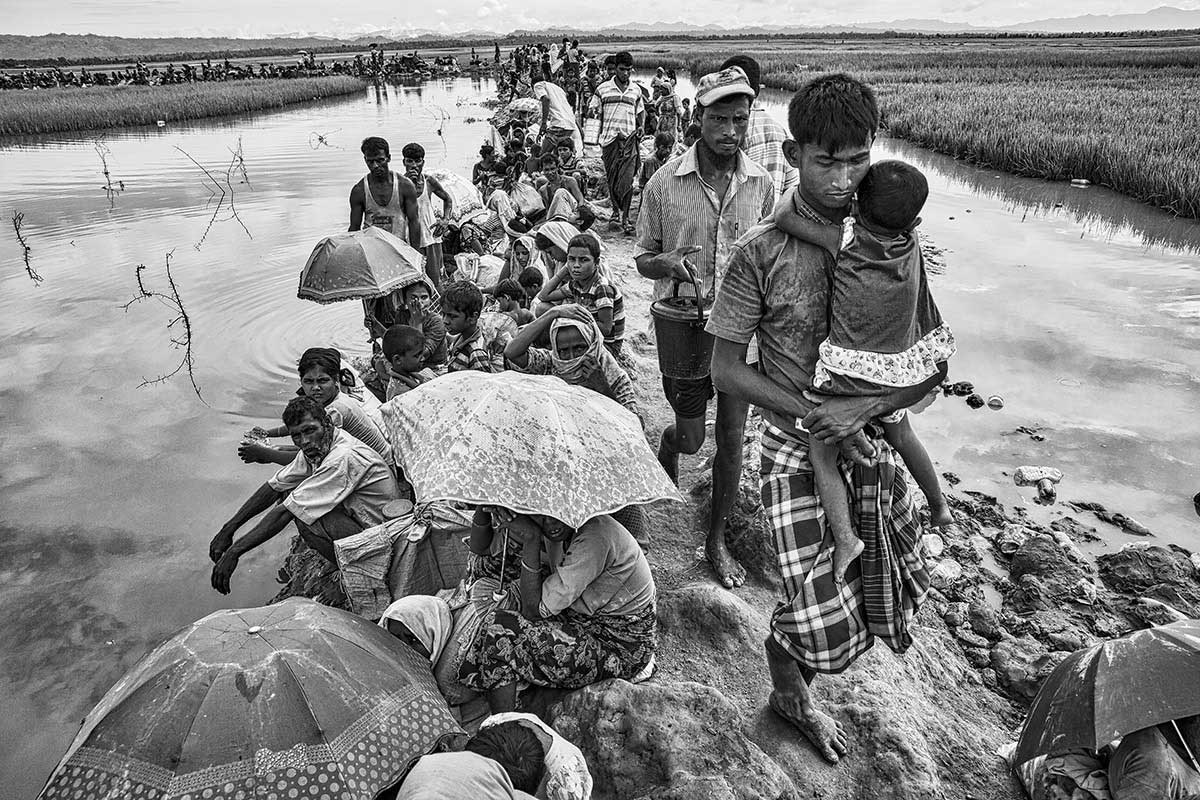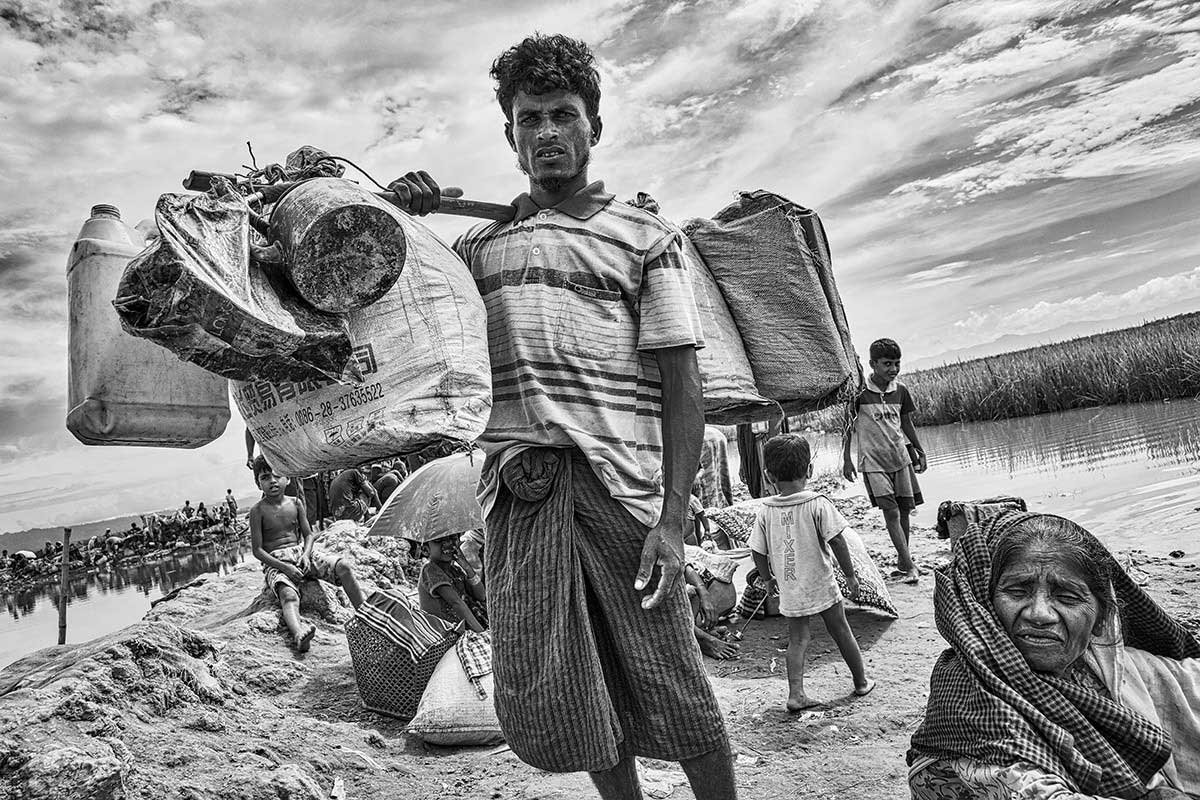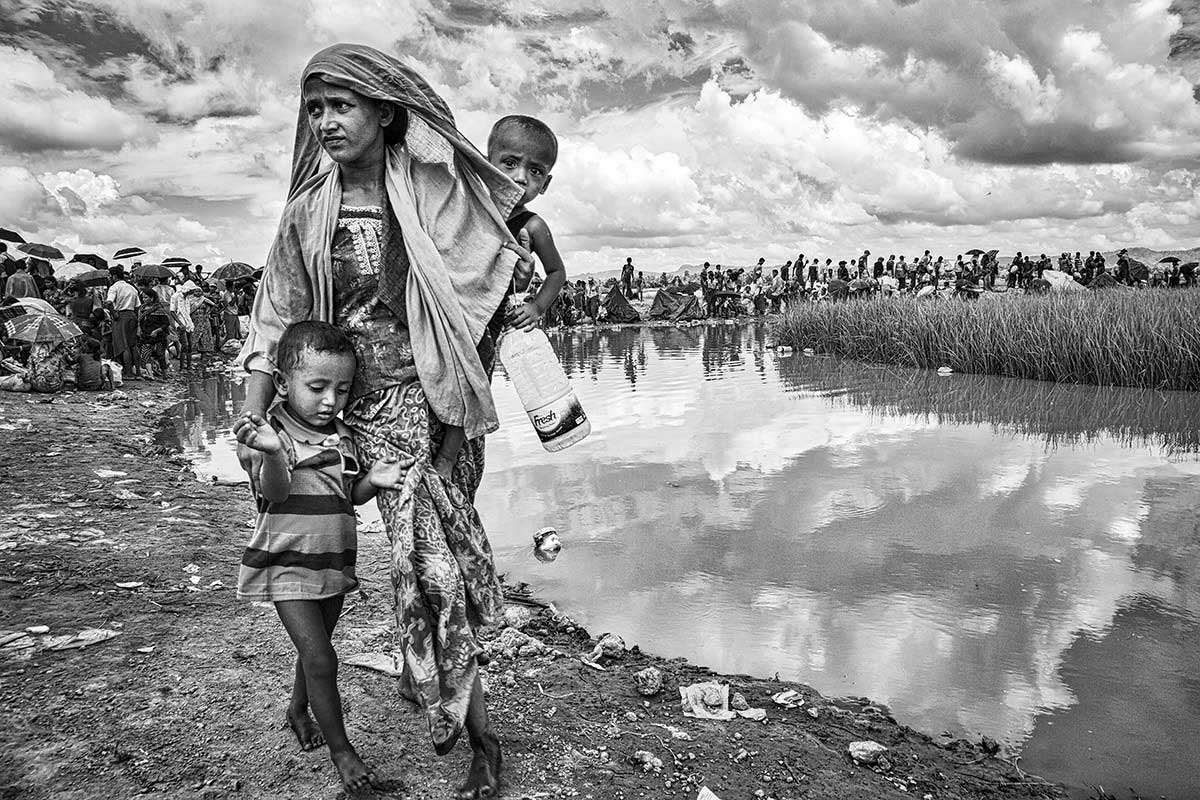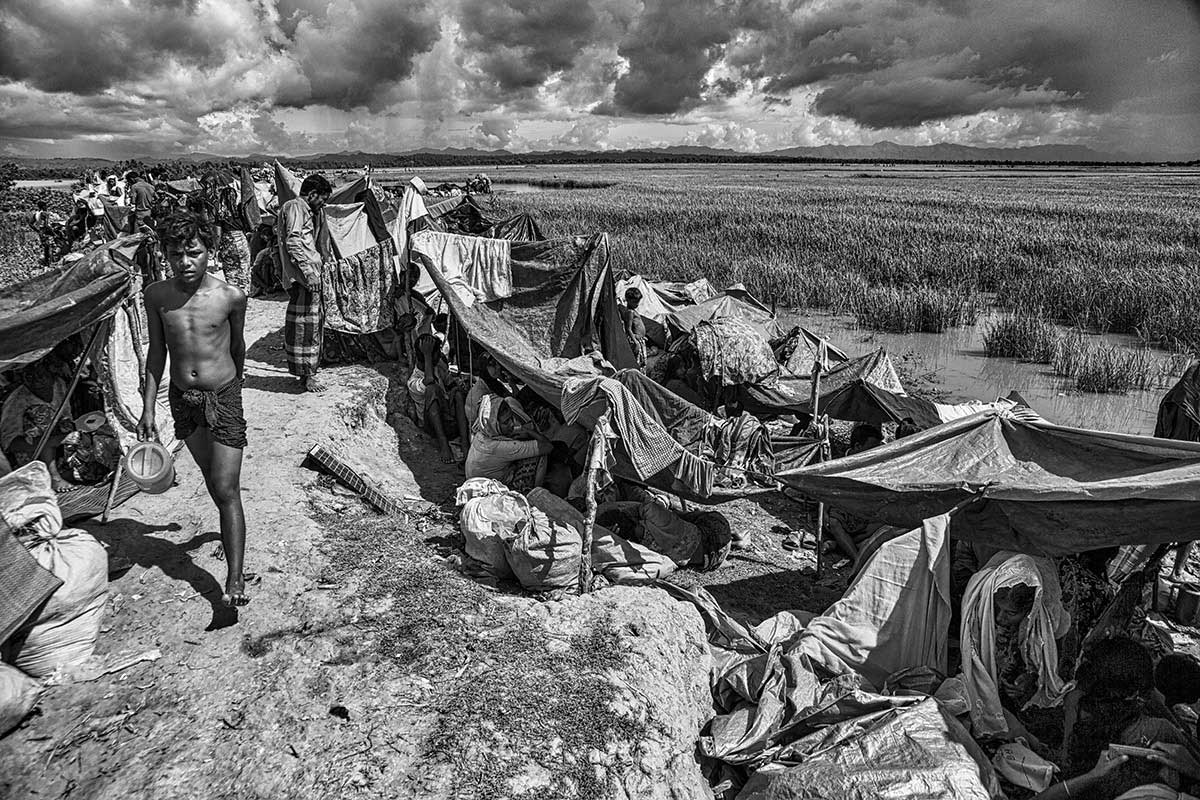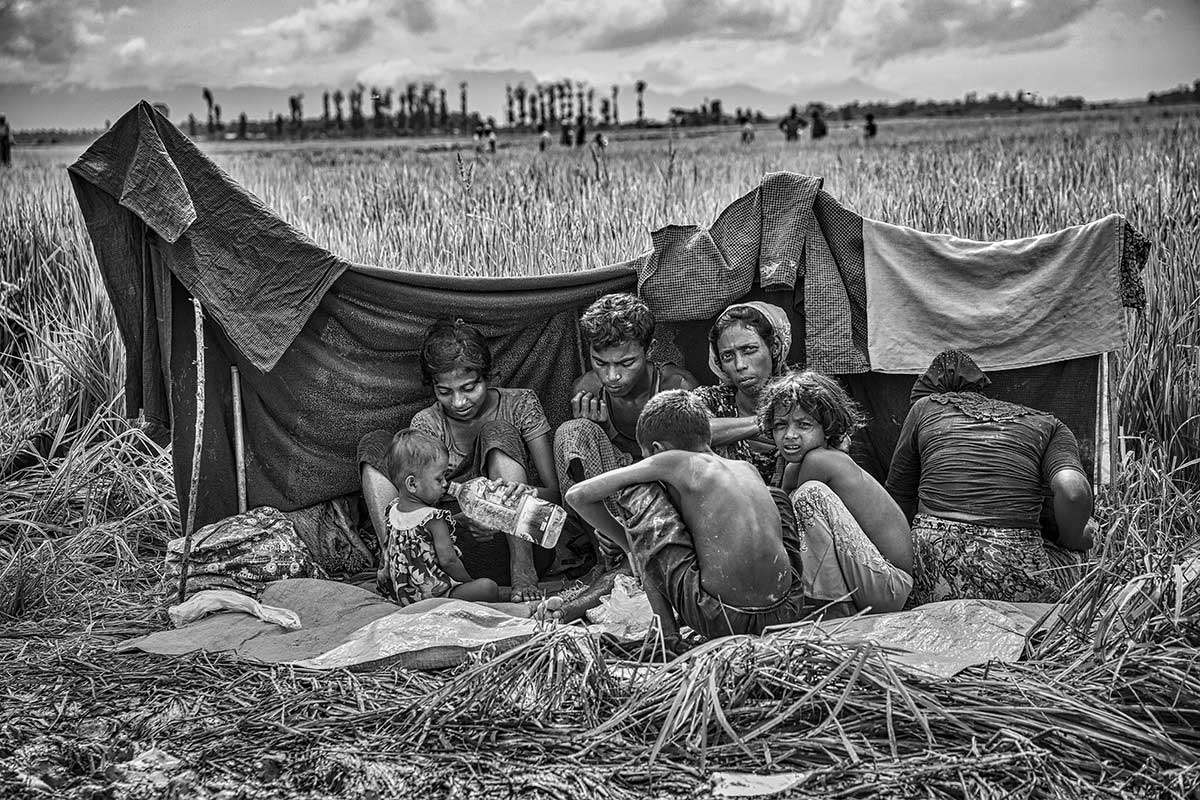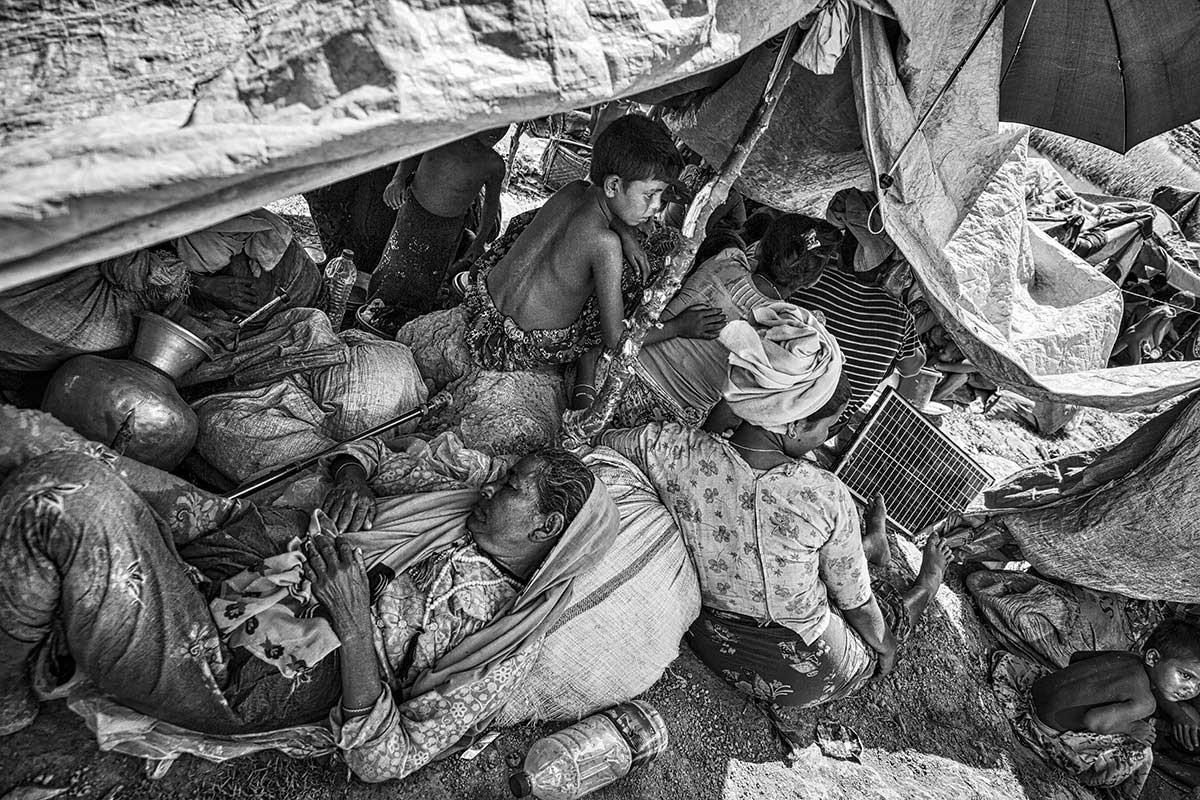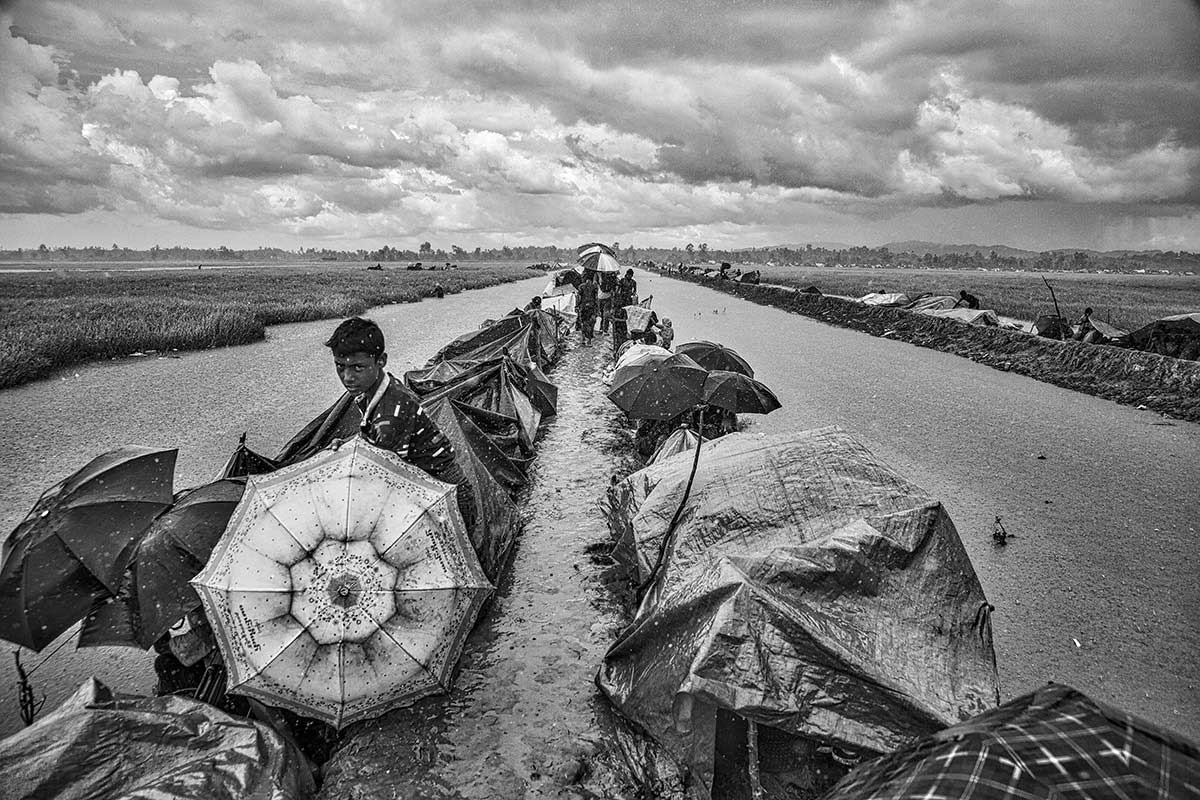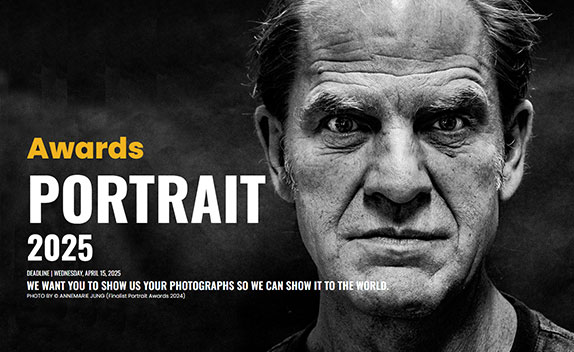Another genocide of our time, with many witness, but few concrete international actions to stop the violence. Rohingya’s exodus goes on, under the indifference of the rest of the world and the heavy silence of Nobel prize for Peace, Aung San Suu Kyi.
Rohingya are a Muslim minority living in north Rakhine region, a small state of Myanmar which lies along the border with Bangladesh.The darker skin of Rohingya, compared to most of the Burmese population has provide scope for racist attitudes and discrimination. Also religion is used by military of Myanmar to justify their aims. Religion and ethnicity are only part of what explains this forced displacement, larger than other earlier expulsions of Rohingya (in 1978 and 1991).
Rohingya were denied citizenship of Myanmar by a law enacted by its military government, so reducing their status to that of a stateless group. They were denied the right to own land or property” and exposed them also to forced labour and routine violence, as rape and killings. In Myanmar the military have been grabbing vast stretches of land from small holders without compensation.
Soldiers wants the complete control of entire country’s land for new forms of economies, mining, timber, geothermal energy, with new partnership. There is indeed a project with China, in Rakhine state, to develop a port and a large industrial zone. Not in the area where the current burning of villages happened, but of course these developments will have an impact on the region.The area where Rohingya refugees from Myanmar cross the border to enter in Bangladesh is the Cox’s Bazar district, one of the poorest and underdeveloped of the country. Since october 2016, more than 600.000 people arrived in Bangladesh: just during the 17th October 2017, 15.000 Rohingya crossed border arriving at rice fields of Palangkhali. Exhausted, after ten days escaping between jungles and mountains with hot Sun or cold rainstorm, they waited their turn in the mud, under control of Bangladesh’s Army, to receive food and medicine on small tongues of sand in the ricefields. After few days they went to stay inside the huge refugee camps of Thangkhali and Balokhali”.
A photography book about Rohingya’s exodus is work in progress and it will be ready at Spring 2018: size 18×18 cm (7×7 inch), 60 pages with english text. For reserve a copy or receive more informations, please contact the author at: [email protected]
About Erberto Zani
Erberto Zani is a freelance photographer, journalist and photo books designer, based in Basel – Switzerland. Since 1998 he worked as photographer in advertisement sector. Freelance since 2008, most of his works are focused on documentary-humanitarian themes. He cooperates with companies, magazines and No Profit Organizations, for photographs and editorial projects. Available for assignments internationally.
Erberto worked in: Bangladesh, Burkina Faso, Cambodia, Camerun, Colombia, Costa Rica, Democratic Republic of Congo, Ethiopia, Ghana, Greece, Haiti, India, Israel, Lebanon, Nepal, Rwanda, Thailand, Togo. Since 2015 he cooperate with REX Features Agency [Official Website]
